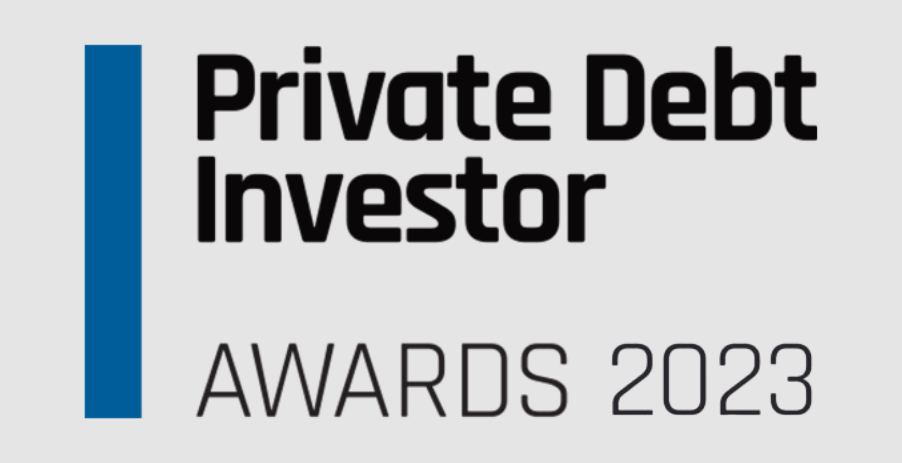
Last month, the proposed expansion of London’s Ultra Low Emission Zone became a lightning rod for growing discontent with the costs imposed on consumers to finance the UK’s green transition. In Uxbridge, West London, there was a groundswell of popular opposition (primarily among older voters) to the threat of what was, effectively, a new tax on emitting carbon and other pollutants – specifically those coming from car use. Now, the so-called ‘ULEZ day’ has arrived and the expansion is underway.
The Conservative Party successfully seized upon this policy dispute with Labour-run City Hall, under the leadership of Mayor Sadiq Khan. The issue helped mobilise their vote in the Uxbridge by-election and defend the seat, in defiance of national polling trends. This narrow Tory victory, in the seat of former PM Boris Johnson, by fewer than 500 votes, now looks set to trigger a nationwide reassessment of the UK government’s wider green commitments.
Whitehall is looking to rein in the pace of its targets elsewhere. Delays to the UK’s Sustainable Disclosure Regime are extending timelines for institutional investors to decide on transition strategies compliant with the latest Financial Conduct Authority regulation on sustainable investing. Rishi Sunak and his cabinet face scrutiny from NGOs over what some have said is a fickle approach to combating climate change. In short, Ulez is far from an isolated case.
All this has left me wondering where the government might next look to offer concessions to voters by rolling back green targets. One distinct possibility is housing.
Earlier this year, the government announced plans to increase the minimum required EPC energy efficiency rating of all rented properties to a C by 2025 – a move that would potentially cost landlords thousands in refurbishments. It is feared this could trigger a mass exodus of private landlords in the short term, as many will likely opt to sell over investing in costly renovations, leaving fewer options for renters.
Now housing minister Michael Gove has stated that the upgrade requirements on landlords are “asking too much, too quickly”. He is advocating to push back the time in which they are required to make these changes. Given the 5 million private renters in the UK, a figure that has more than doubled since 2001, the possibility of a supply shortage pushing up rental prices is not ideal amidst an already squeezed market. Rowing back on energy-saving upgrades therefore comes as little surprise. This would also offer some relief to private landlords, particularly those on buy-to-let mortgages, who would otherwise likely respond by raising rents further to cover renovation costs or exiting the market altogether, intensifying rent inflation either way.
Like any other sector, real estate must adapt to climate change. Although understandable, it is disappointing to see diminishing net-zero targets for the industry. So while private landlords might quietly rejoice at the easing of these specific green measures, institutional investors funding the next generation of homes should not and cannot expect the same.
The government must abide by the targets set out in the Future Homes Standards and ensure that all new houses built from 2025 meet much-needed carbon emission goals. Focusing on the energy efficiency of housing from the get-go will ensure that landlords, homeowners and tenants alike are shielded from both higher energy bills and similar refurbishment costs in the future, preserving the long-term value of their homes.
Of course, we shouldn’t dispense with green obligations for private landlords entirely. Their large market share means they will have to be held to some kind of efficiency standard, and sooner rather than later. But there is an opportunity now for institutional investors to demonstrate leadership, and to put their money where their mouth has been while making ESG commitments, by delivering new homes that help combat the climate crisis, even as commitments are being watered down elsewhere.
The reality is that the climate crisis is only accelerating. Real estate must play its part in addressing the problem. It looks increasingly unfeasible – politically or economically – for existing privately rented accommodation to achieve the original energy efficiency targets without exerting serious strain on renters. So the onus is on developers and institutional investors to pick up the slack and deliver new, efficient, FHS-compliant, climate-conscious homes in the years to come.


















